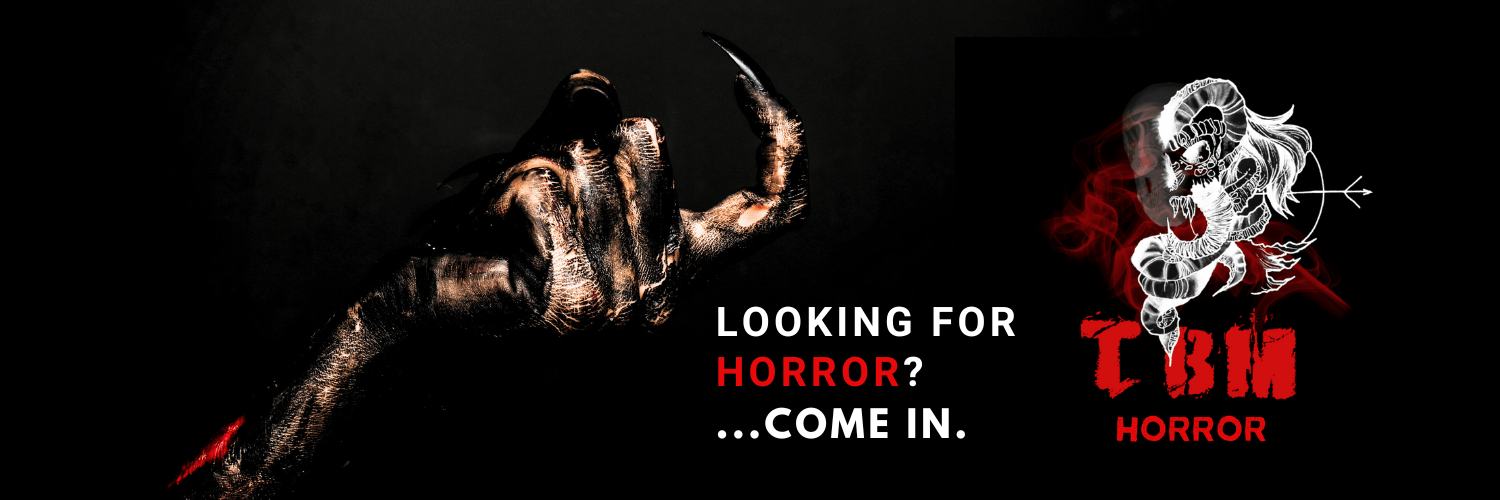Mar’s recent piece reminded me of this post (that I’ve revised) that I once wrote about why we are fans of horror. It takes a slightly different twist on our view for the genre.
Why Does Horror Scare Us?
So, you love horror. Why? Is it because you love to be scared and grossed out? It’s not that simple. If you simply look at it as nothing more than a gory adrenaline rush, you miss the whole reason as to why it’s so interesting. While it has many forms, at its core, it’s about intense emotions, in particular, fear.
So why are we fans?
Out of the different theories that I came across, the one that I found the most intriguing was from a 1981 Stephen King essay called “Why We Crave Horror Movies“. In it, King writes,
“I think that we’re all mentally ill; those of us outside the asylums only hide it a little better – and maybe not all that much better, after all…The mythic horror movie, like the sick joke, has a dirty job to do. It deliberately appeals to all that is worst in us.”
Stephen king
You can find his full essay here.
King believes that we love horror because we want to explore the dangerous part of ourselves that’s the monster.
So, if we watch/read horror to satisfy this madness, what is there to stop us from acting on it in real life?
Well, as King points out, if you were to act on it you would end up reading this post from a padded cell somewhere. Indeed, we would never think of acting out like Norman Bates or Jigsaw.
So, let’s take his idea in a different direction. If we can find comfort in knowing that we would never be the villain, then how do we really feel about the victims?
While we do love our horror villains, the characters that we can truly relate to are the ones in peril. The ones that survive do so because their fear drives them into their own type of madness. In doing so, do they start to become a monster?
Clive Barker once said, “[Horror fiction] shows us that the control we believe we have is purely illusory, and that every moment we teeter on chaos and oblivion.” (courtesy of www.goodreads.com)
Take the popular show The Walking Dead as an example. People don’t watch it for the zombies, they watch it for the humans. We have watched as the show’s characters commit unspeakable acts to save themselves or the group. While we watch and judge, we can ask ourselves whether we would behave any differently. You put yourself into their shoes and ask if you, under the right circumstances, would do the unthinkable.

“You put yourself into their shoes and ask if you, under the right circumstances, would do the unthinkable.”
tina mcfarlane
That answer can terrify us.
Even in the slasher films of the 80s, the victim makes it to the end by giving in to a type of madness so that they can survive.
And they may survive, but they are never the same. That’s the difference between them and the villain.
We, the viewer, can watch it all safely from a distance. We can judge. We let them take that risk for us. It’s their outcome, not our own.
So, for a time, we can be that type of monster. The one that makes it. We can take part in their journey. If they are lost to the madness, we’re still safe.
Yet in the back of our minds, while we watch them fall into the darkness, we are afraid. They are a mirror of us after all, a reflection of what we could become.
That’s the real fear of horror. Not the blood, gore, or boogeymen.
It’s ourselves and the realization that we can all be a monster.
And that’s okay, as long as we make it out alive.




